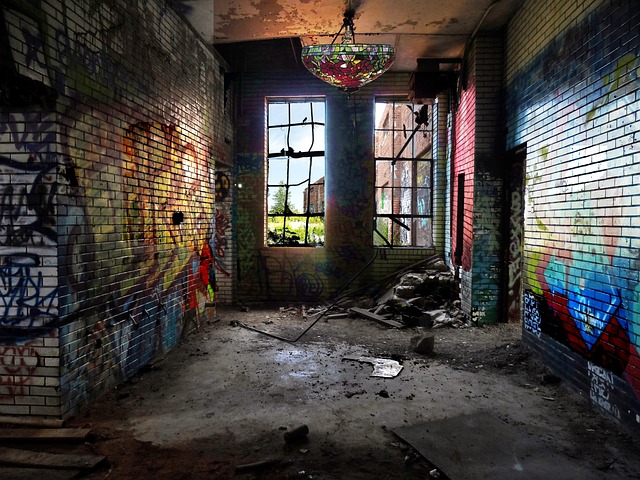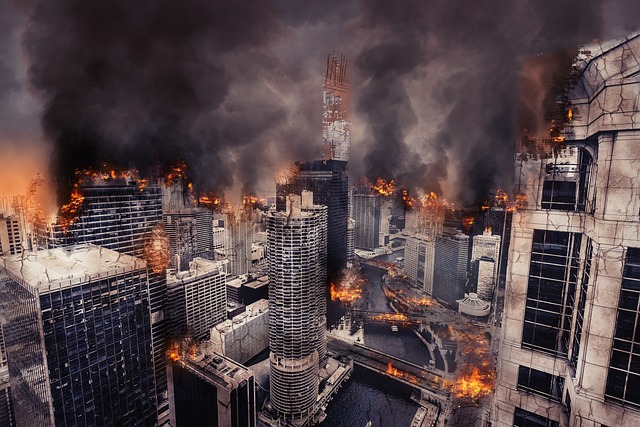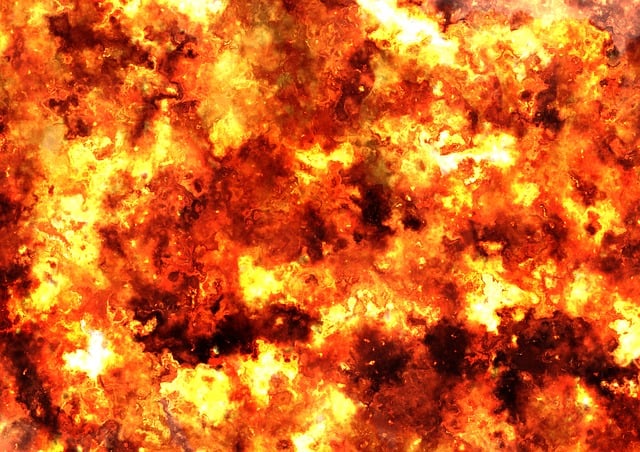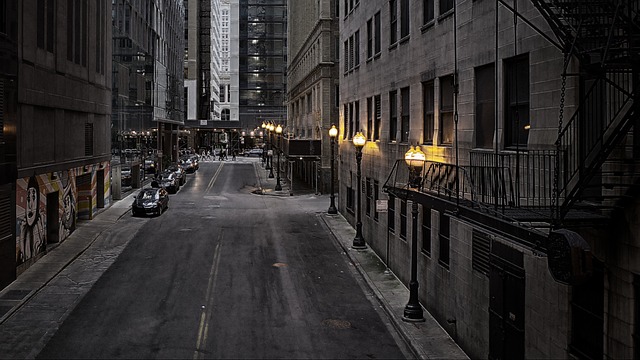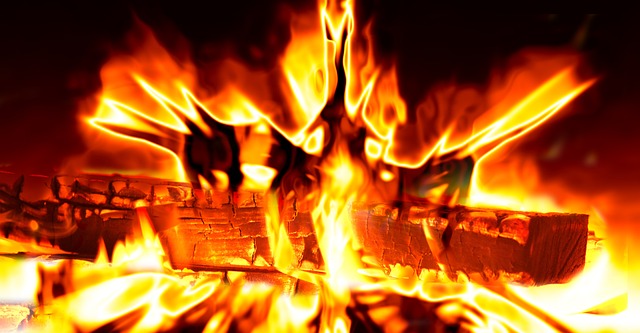Chicago's real estate market offers diverse opportunities, with historic and modern architecture. Rising property values are driven by economic growth, job prospects, and high quality of life. While fire-damaged properties pose challenges, the city's robust construction industry and tax incentives facilitate rehabilitation. Investors navigating fire damage claims must assess damage, consult professionals, review insurance policies, and communicate fairly with insurers. Selling a fire-damaged house requires understanding local regulations, legal considerations, disclosure requirements, and marketing strategies. Transparent communication, renovation potential, and community support make these properties desirable despite initial aesthetics. Successful rehabilitations and resales demonstrate significant investment returns in Chicago's competitive market.
Chicago’s real estate market presents unique opportunities for investors, but understanding its nuances is crucial. This comprehensive guide navigates the landscape, focusing on a critical aspect often overlooked: fire-damaged properties. Learn how to identify investment prospects amidst challenges, from assessing damage to navigating legalities and marketing strategies. We explore real-world success stories of rehabilitating and reselling fire-damaged homes in Chicago, providing insights for savvy investors seeking to maximize returns while contributing to the city’s revival. Discover the step-by-step approach to successfully selling a house that has fire damage in Chicago.
- Understanding Chicago's Real Estate Market: A Primer for Investors
- Navigating Fire Damage Claims: What Investors Need to Know in Chicago
- Legal Considerations for Selling Fire-Damaged Properties in Chicago
- Marketing Strategies for Chicago's Real Estate Investors Dealing with Fire Damage
- Case Studies: Successful Rehabilitation and Resale of Fire-Damaged Homes in Chicago
Understanding Chicago's Real Estate Market: A Primer for Investors
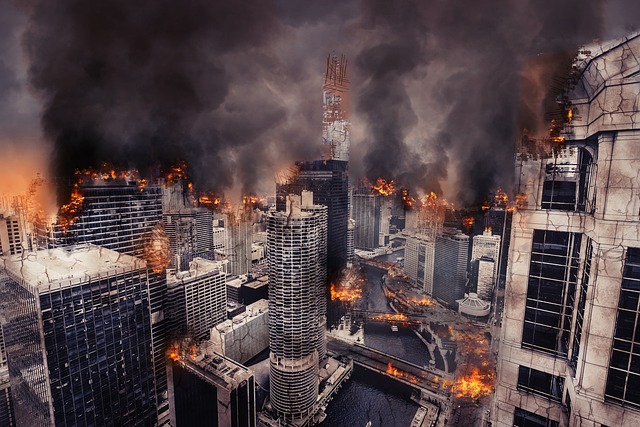
Chicago’s real estate market is a dynamic and diverse landscape, offering both seasoned investors and newcomers a wealth of opportunities. Understanding this market is key for any investor looking to navigate its complexities. The city’s architecture ranges from historic brownstones to modern skyscrapers, catering to a variety of buyer preferences. Property values in Chicago have been steadily rising, driven by factors like economic growth, job opportunities, and a high quality of life.
One unique aspect investors should be aware of is the potential for challenges related to property repair. For instance, if you’re considering purchasing a home with fire damage in Chicago, it’s important to know that selling such a property might require significant restoration work. However, the city’s robust construction industry and generous tax incentives for rehabilitating properties can make these projects more feasible. Understanding local regulations and market trends is crucial for investors looking to capitalize on both the gains and potential setbacks within Chicago’s real estate market.
Navigating Fire Damage Claims: What Investors Need to Know in Chicago
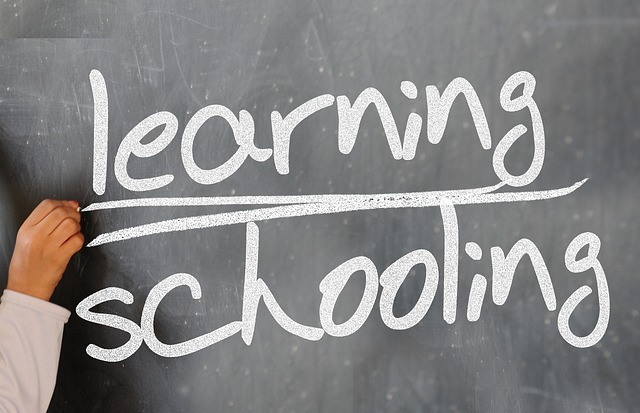
Navigating fire damage claims is an essential aspect for real estate investors in Chicago to understand, especially when considering the potential for significant financial implications. If a property sustains fire damage, it’s crucial to know that selling a house with such damage is possible, albeit with careful navigation. Investors should first assess the extent of the damage and consult with professionals who can provide accurate estimates for repairs, ensuring these costs are reasonable and within market standards.
In Chicago, as in many places, insurance claims play a pivotal role in this process. Understanding one’s coverage and rights is vital. Some policies may cover fire damage repair or reconstruction costs, while others might offer financial compensation based on the property’s current value after the incident. Investors should thoroughly review their insurance policies and communicate with both insurance providers and adjusters to ensure a fair assessment of their claims. This knowledge will empower them to make informed decisions about repairs, potential negotiations, or even exploring alternative options for selling the property as-is if market conditions permit.
Legal Considerations for Selling Fire-Damaged Properties in Chicago
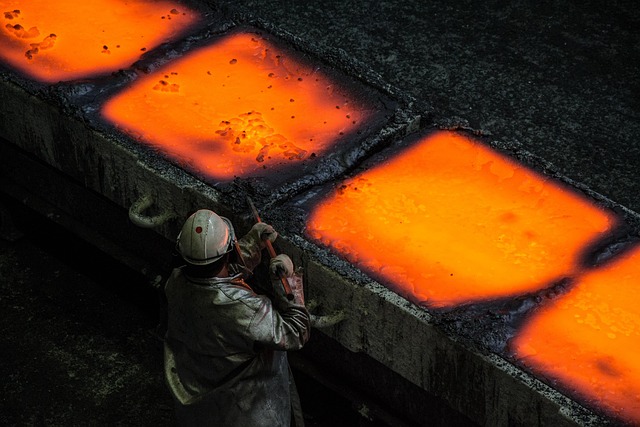
Selling a house with fire damage in Chicago involves navigating several legal considerations. First, it’s crucial to understand local regulations regarding property rehabilitation and disclosure requirements. In Illinois, including Chicago, specific laws dictate how damaged properties can be sold and what disclosures sellers must make about any repairs or issues. For instance, the city may have strict guidelines on what constitutes safe living conditions before a fire-damaged home can be reoccupied or resold.
When preparing to sell, investors should consult with real estate attorneys to ensure they comply with these regulations. This includes obtaining necessary permits for repairs and providing transparent documentation to potential buyers about the extent of the damage and any ongoing remediation efforts. Failing to adhere to legal requirements can lead to legal issues and delays in the selling process, making it even more challenging for investors aiming to maximize their return on investment.
Marketing Strategies for Chicago's Real Estate Investors Dealing with Fire Damage

When it comes to marketing strategies for real estate investors in Chicago, addressing fire damage is crucial. Many potential buyers are deterred by even minor signs of fire or smoke damage, so it’s essential that investors understand how to navigate this challenge. One effective approach is to focus on transparent communication. Clearly state in listings and during showings that the property has experienced fire damage and provide details about any repairs or renovations planned or already completed. This honesty can build trust with buyers, demonstrating that the investor is committed to being upfront about the property’s history.
Additionally, investors should consider the unique selling points of properties affected by fire damage. While aesthetics might be initially impacted, these homes often offer excellent opportunities for renovation and customization. Investors who embrace the chance to transform a damaged space can attract buyers looking for a project or someone willing to take on a challenging but rewarding rehab endeavor. Marketing these properties as “before-and-after” transformations can generate significant interest, especially in a bustling Chicago real estate market where competitive edge is key.
Case Studies: Successful Rehabilitation and Resale of Fire-Damaged Homes in Chicago

In Chicago, real estate investors often find unique challenges and opportunities in rehabilitating and reselling homes. One such opportunity lies in purchasing and restoring fire-damaged properties. Despite the initial damage, many residents are eager to return to their neighborhoods, making these homes highly desirable for the right buyer.
Successful case studies of fire-damaged homes in Chicago demonstrate the potential for significant returns on investment. Investors who specialize in rehabilitation have been able to effectively restore these properties, addressing structural issues, updating systems, and revitalizing aesthetics. By focusing on areas with strong community support and emerging developments, they ensure a robust market for these resold homes, making it possible to sell even after fire damage in Chicago.
Chicago’s real estate market offers both challenges and opportunities for investors, particularly when dealing with fire-damaged properties. As this article has explored, understanding the local market dynamics, navigating legal considerations, and employing effective marketing strategies are key to success. By learning from case studies of successfully rehabilitated homes, investors can unlock the potential of these properties and contribute to Chicago’s ever-evolving landscape. When it comes to selling a house that has fire damage in Chicago, knowledge is power—empowering investors to make informed decisions and achieve lucrative outcomes.

